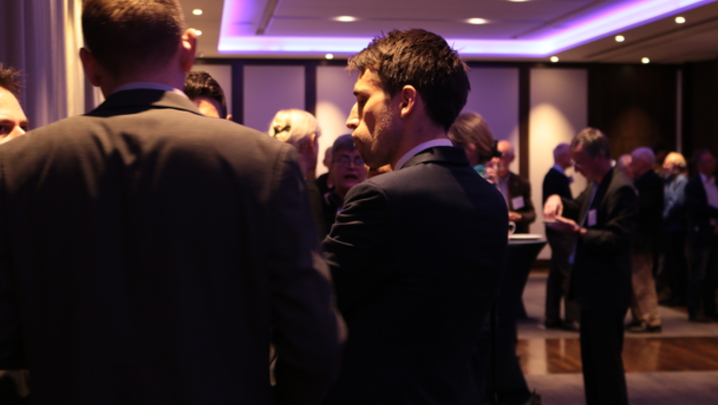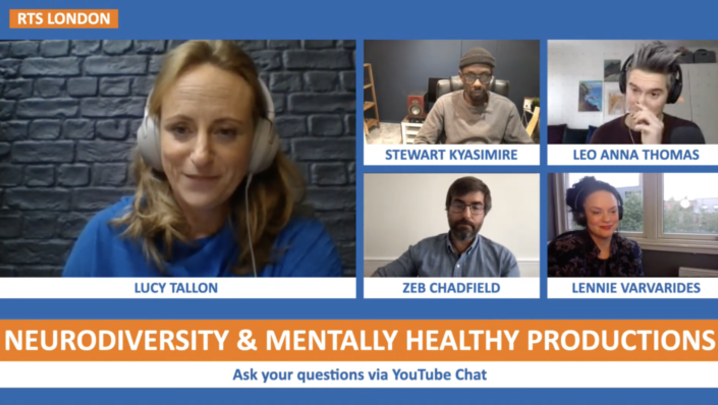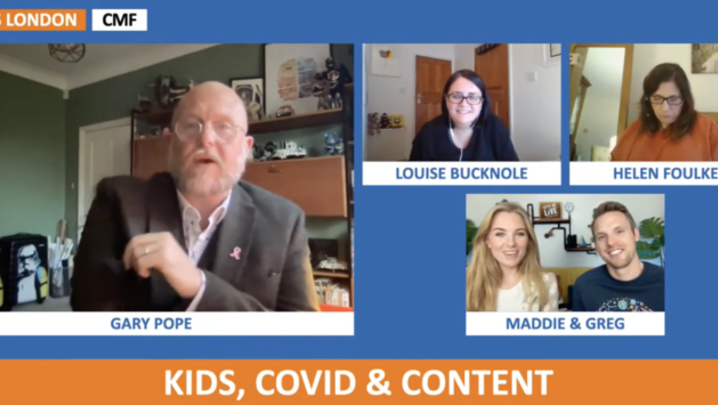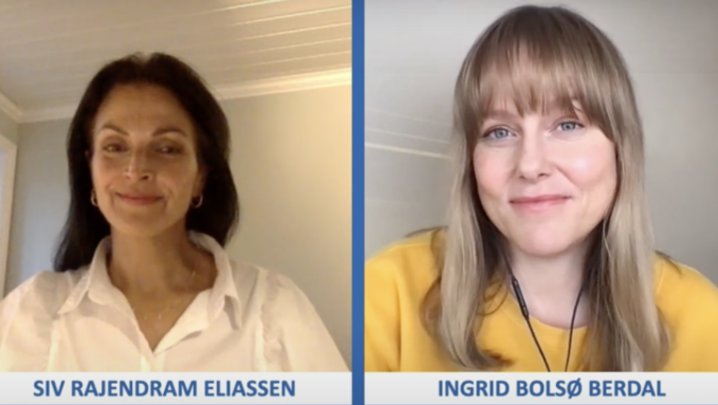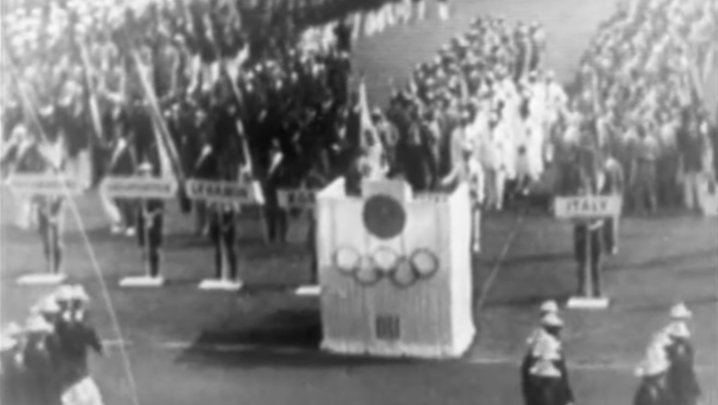RTS London reviewed the highlights of IBC 2018 at a joint event with the Institution of Engineering and Technology at the IET’s central London headquarters in early October.
The International Broadcasting Convention (IBC) drew almost 56,000 people to Amsterdam in September, a small decrease on the year before. However, the number of conference delegates increased by 14% on the year before.
Channel 4 chief operating officer Keith Underwood, who chaired the IBC content steering group this year, argued that the annual media entertainment and technology show had been a success.
As well as the increase in conference delegates, he pointed to the rise – from 14% to 37% – in the number of women on session panels. “We wanted to increase the diversity of the speakers, which we did,” said Underwood. He added that IBC also ensured that the new digital giants such as Amazon and Netflix were well represented on panels.
Underwood said that IBC had reflected “three key themes that we’re seeing in the marketplace”, namely a “huge change in consumer behaviour”; “globalisation and consolidation”, as recently seen in Comcast’s takeover of Sky; and the emergence of “breakthrough technology”.
The four-strong panel at the RTS/IET event were in discussion with digital executive producer Muki Kuhan, who also chaired a number of sessions at IBC this year.
James Lovell, a media account manager at Cisco, was a first-timer IBC this year and was hugely impressed by “the scale and breadth of things being shown, from IP production to cloud [technology] and [internet] security, all the way through to fighting robots”.
David Short, vice chair of the IET Multimedia Communications Network, first went to IBC in 1988 when it was held in Brighton. “The memorable thing was an HD-TV demonstration,” he recalled. “I thought, ‘Where’s that technology going to go? No one is ever going to be able to deliver HD-TV to consumers.’ What a difference three decades makes.”
At IBC 2018, said Short, he noticed that “over-the-top IP [internet] delivery was the new normal – when people talk about television, they’re talking about IP-delivered television.”
Voice recognition technology created a buzz at IBC, said Underwood: “There was a huge amount of discussion about the new opportunities,” he added. “Voice was the thing gaining a lot of momentum.”
Aradhna Tayal, director of Radio TechCon, the UK’s radio and audio engineering and technology conference, also made her IBC debut this year. Tayal roamed the 15 halls for the long-running “What Caught My Eye” strand of IBC, in which experts reveal their favourite products at the trade show.
She found a number of workflow tools for the social media side of the industry, which has grown enormously in the past few years. At the RTS/IET event, Tayal showed three videos shot for her IBC breakfast session, including one on Switcher Studio’s video creation platform, which is able to sync up to nine iPhones and iPads to create live multi-camera video streaming.
IBC’s floors were also full of quirky delights. Tayal “enjoyed seeing gadgets” on the exhibition floor: “One thing that was so cool was a drone that fits in a handbag – it folds up and it’s got a 4K camera with optical zoom.”
The joint RTS London/IET “IBC 2018 review” was held on 10 October at the IET in Savoy Place, London.




